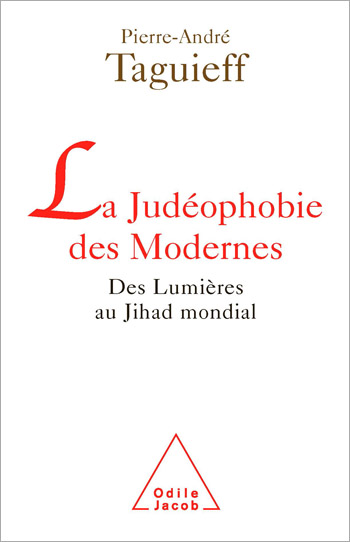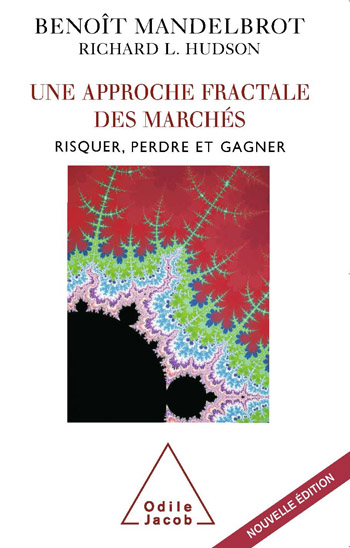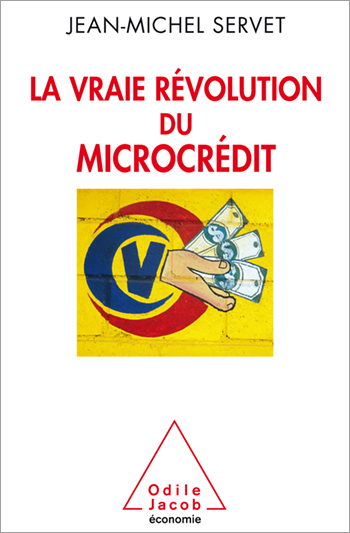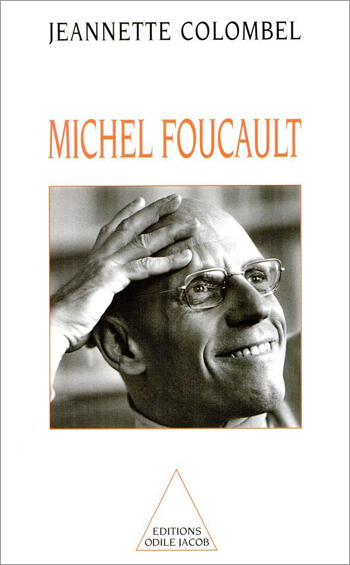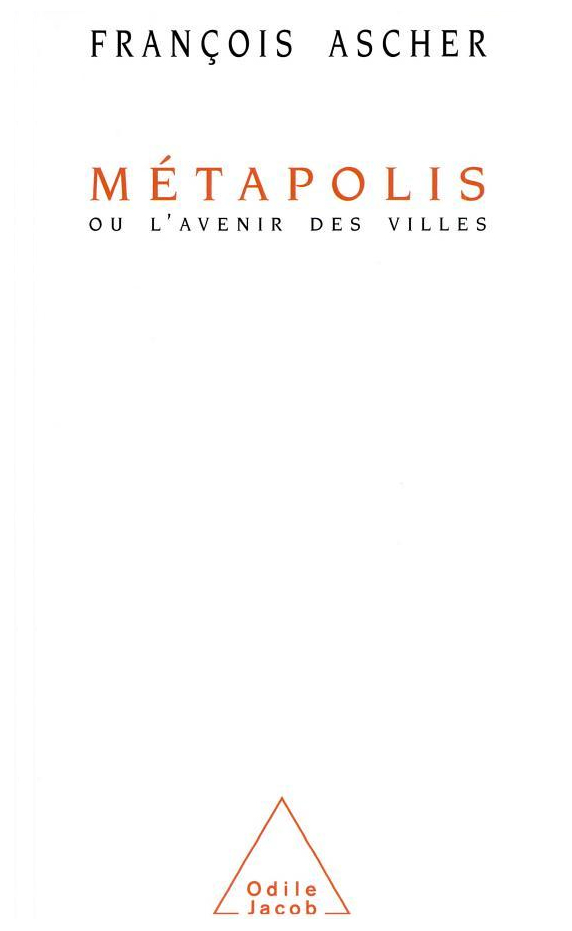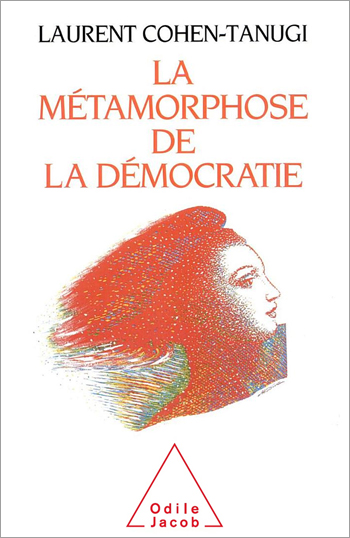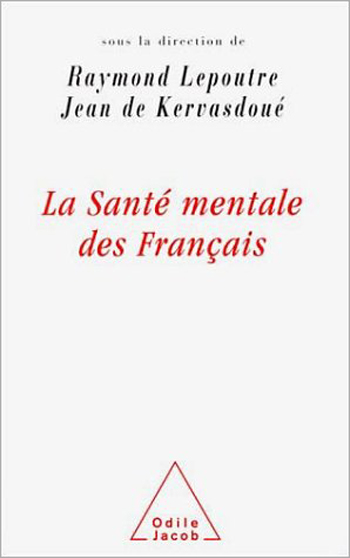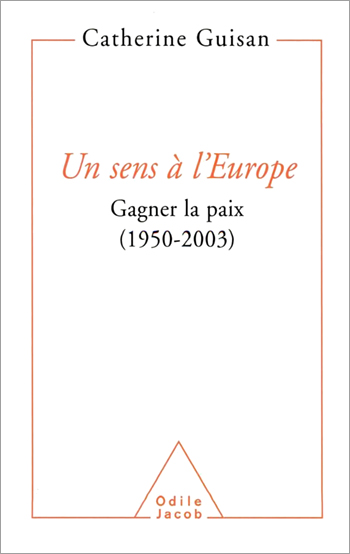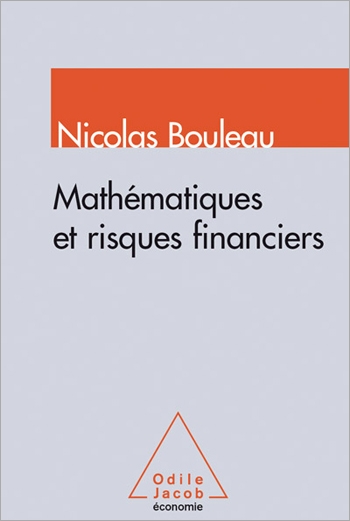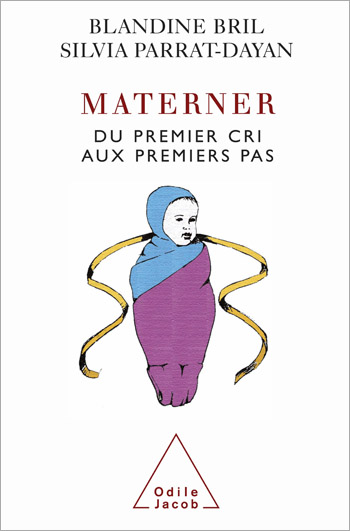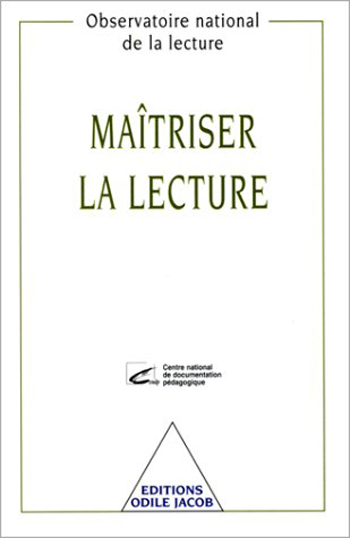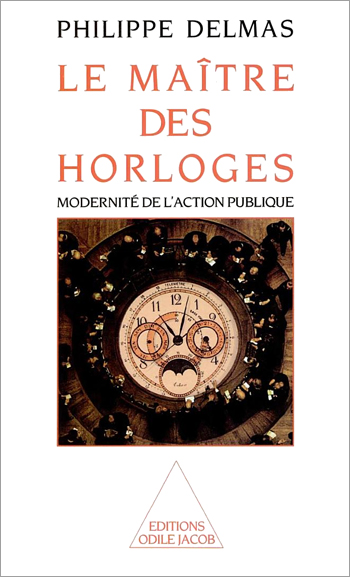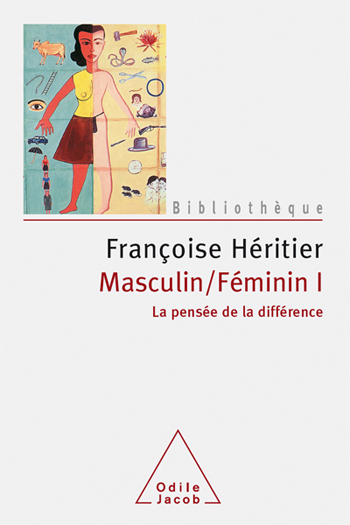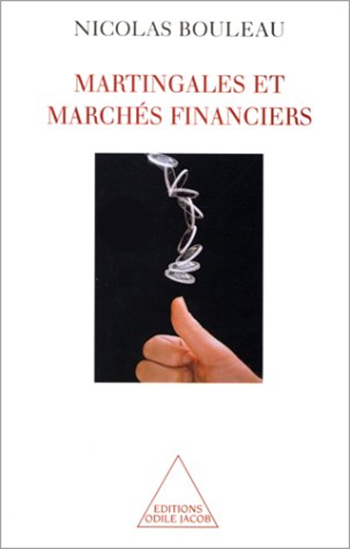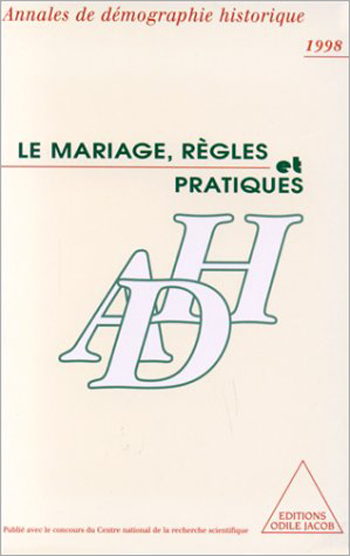Human Sciences All books
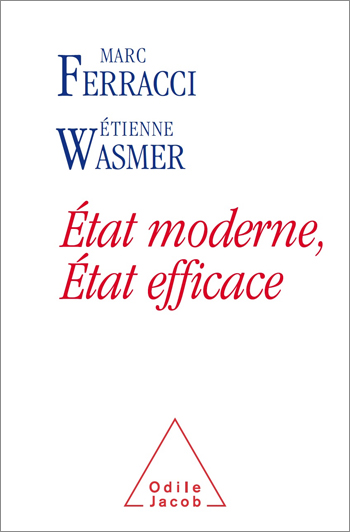
Étienne Wasmer, Marc Ferracci
Modern State, Effective State
Citizens need a clearer picture of public spending — which makes evaluation absolutely necessary.
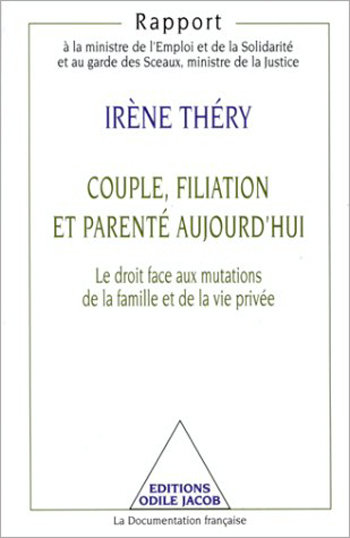
Irène Théry
Modern Relationships and the Family The response of the law to the transformation of the family and the couple
The melting pot where each individual is formed, but also the nucleus of communal life, the family is today a crucial institution of society. However, the current statistics show less, and later marriages, in addition to an increase in divorces and in reconstructed and one parent families, with young people becoming autonomous later as a consequence of these changes. In the face of this, what points of reference should be taken in order to construct the indispensable family policies needed by our country ? With regard to filiation, parental authority, marriage, divorce, cohabitation, and the inheritance and protection of children, how do we adapt the law to these new social realities ? Irène Théry, a sociologist, and author of Démariage, presents in this work an analysis of the state of the family and of private life today, and puts forward the foundations of a new and ambitious step for France.
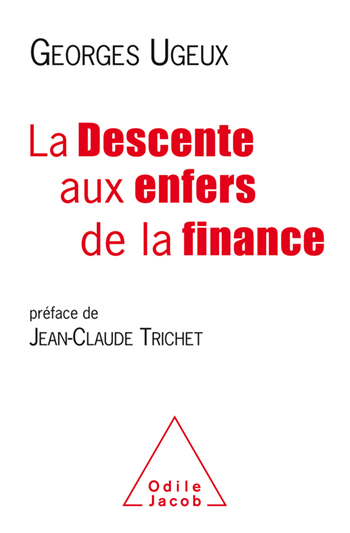
Georges Ugeux
The Missteps of Finance
Using plain language, a serious warning about the threats looming over the financial sphere. Georges Ugeux is a colorful figure in finance, and a free thinker.
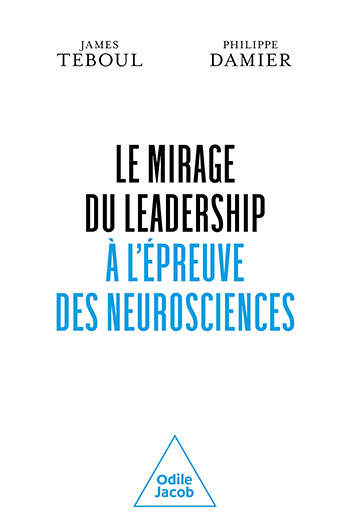
James Teboul, Philippe Damier
The Mirage of Leadership Challenged by Neuroscience
To assume their role effectively, managers must know how to take into account the predispositions and biases that make them act, and thus understand them, and work resolutely against the grain of their natural inclinations.
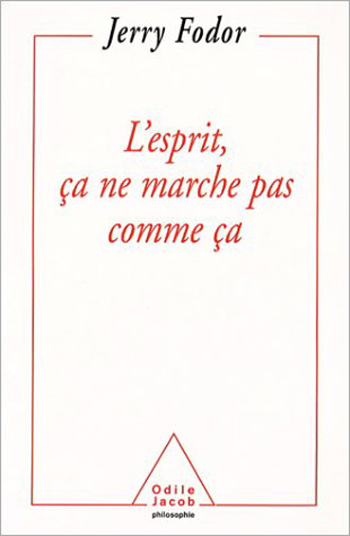
Jerry Fodor
The Mind Doesn't Work That Way The Scope and Limits of Computational Psychology
In this book, one of the most eminent figures in the field of cognition reviews his most recent views on the subject, and questions the validity of recent attempts to combine the computational theory of mind with psychological nativism and with biological principles borrowed from Darwinian evolutionary theory. Fodor goes on to examine the question that has remained unanswered for the past fifty years: is the mind a computer? This is a fascinating lesson of philosophical and scientific modesty. Jerry Fodor is a professor of philosophy at Rutgers University.

Patrick Boucheron, Alain Prochiantz
Migrants, Refugees, and Exile Colloquium at the Collège de France
The timeliness of the issue of migratory movement and the displacement of populations. The multi-disciplinary nature of the studies, which bring together history and geography, geopolitics, psychology, as well as law and economics.
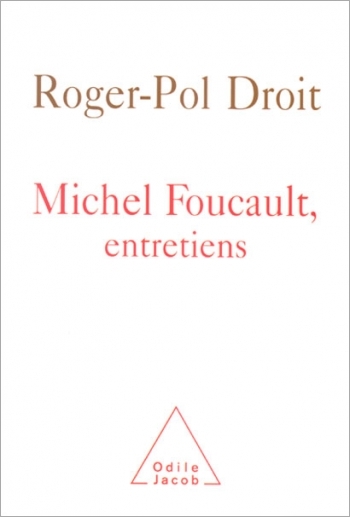
Roger-Pol Droit
Michel Foucault, interviews
On 25 June 1984, Michel Foucault died of AIDS-related complications at a hospital in Paris. Since then, his reputation and influence - already great during his lifetime - have not ceased to grow. Whether his subject was asylums, prisons or the history of sexuality, Foucault always tried to understand the organising forces behind prevalent social attitudes, by which a society defines itself, so as to disrupt the existing order. A philosopher as well as a historian, Foucault was an unclassifiable, unpredictable, subversive thinker, and the inventor of a new style of intellectual investigation. He rarely spoke of himself, or of his goals, or of his relations to his own writing, experiences and intellectual development. He did, however, talk about himself in a series of interviews that he gave me in June 1975, a few weeks after the publication of Discipline and Punish: The Birth of the Prison. Wishing to pay homage to his memory, I have gathered here three of those interviews, which were previously published in the press, along with some of my memories and thoughts about him, writes Roger-Pol Droit. Roger-Pol Droit is a research fellow in philosophy at the Centre National de la Recherche Scientifique (CNRS) and a columnist for the French daily newspaper Le Monde. He is the author of La Compagnie des philosophes, La Compagnie des contemporains, 101 Expériences de philosophie quotidienne and Dernières nouvelles des choses.
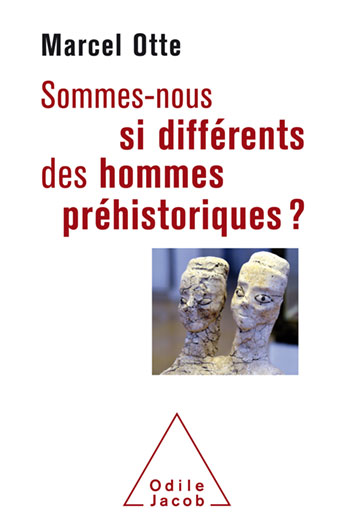
Marcel Otte
The Metamorphoses of Humans
A light shed by prehistory on the profound nature of humans, their relationship to the natural world, their appetite for conquest, but also their passion for challenges and their inventiveness.
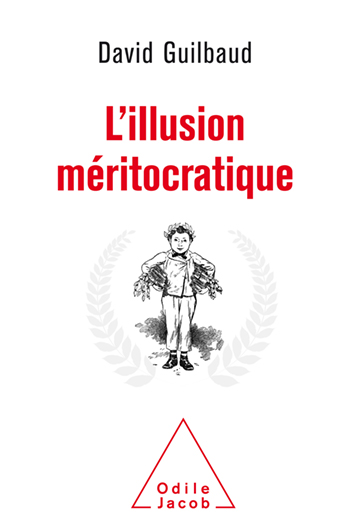
David Guilbaud
The Meritocratic Illusion
David Guilbaud forcefully and with great talent dismantles the meritocratic illusion that enables a justification of an increasingly selective and unequitable educational system.
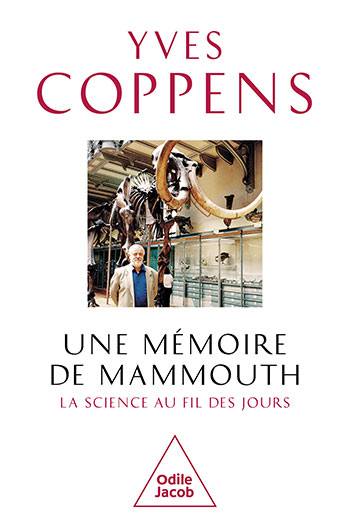
Yves Coppens
Memory of a Mammoth Science, past and present
The latest memoir by Yves Coppens. With 40 tastes of science and history. With 40 illustrations, maps and photos.
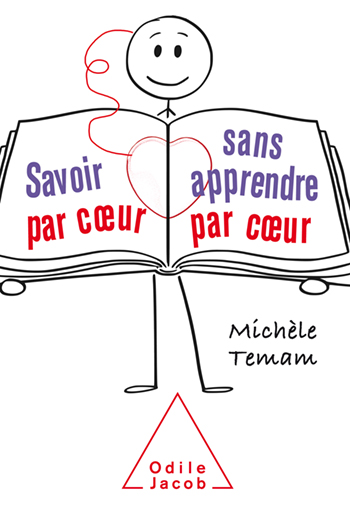
Michèle Temam
Memorizing without Memorization
A practical guide intended for students, combining a method, its direct application, and a scientific explanation for that method.
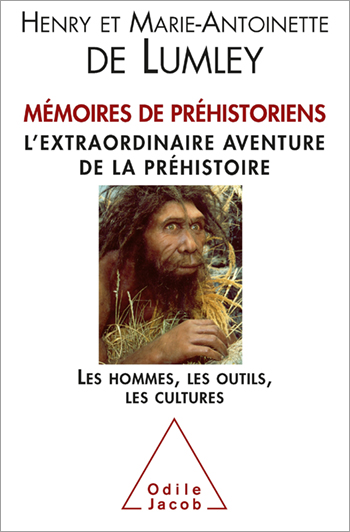
Henry de Lumley, Marie-Antoinette de Lumley
The Memoirs of Two Prehistorians
The epic story of Humankind, recounted by eminent prehistorians
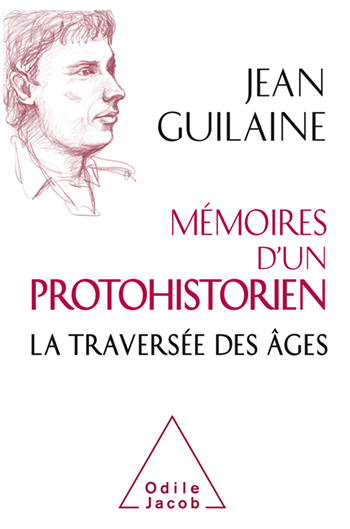
Jean Guilaine
Memoirs of a Protohistorian In Search of Peoples Without Writing
By one of the preeminent specialists in protohistory, the tale of a simple passion for archeology in the Mediterranean region, fed by a deep attachment to the peasant world and to childhood.
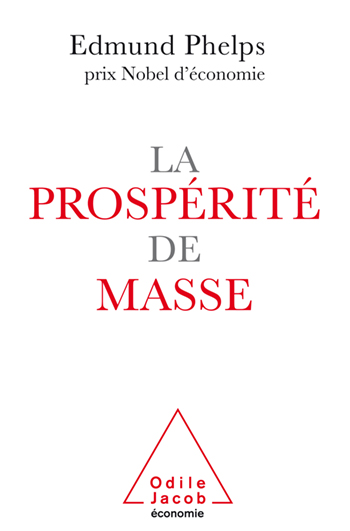
Edmund Phelps
Mass Prosperity
A profound reflection, at the meeting-point of economics and psychology, on the forces of innovation and economic well-being and the motivations of both. A view of innovation that confronts many accepted ideas — the Schumpeterian view of the entrepreneur, the development of science as a source of innovation, and so on — and which needs to be debated.

